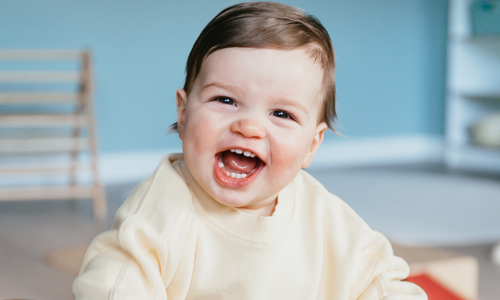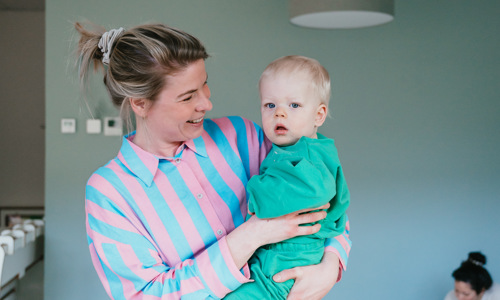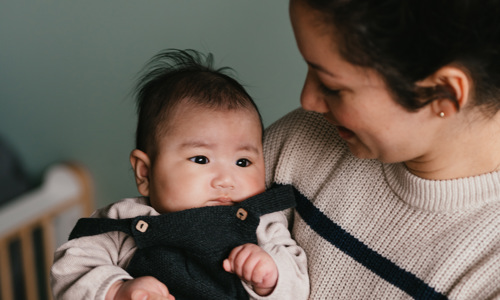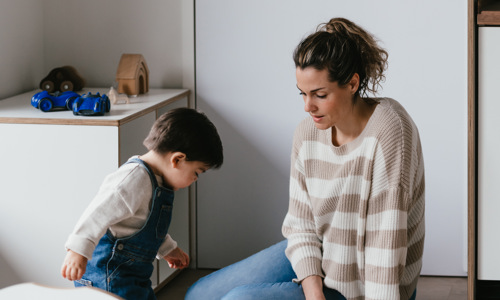The best thing a child can become, is itself
Find a CompaNanny near you
CompaNanny childcare
We are CompaNanny childcare. We have been the expert in child development for 20 years due to our mindful working method, our well-trained Pedagogical Employees and our additional services to give parents peace of mind. Everything we do, we do from our own, well-thought-out pedagogic vision, in which the needs and development of the child are our main focus. With more than 50 branches in the Netherlands, there is always a CompaNanny Daycare, After-School Care or Kindergarten near you!

Why CompaNanny?

A second home for your child
It is important to us that children feel at home with us. All our branches are therefore bright and homely. The décor is calm, with neutral colours and natural materials.

Our employees are the experts
Our Pedagocial Employees have everything they need to support your child in the best possible way. After all, the development of children is an ongoing process. So we never stand still.

Conscious attention
We give children conscious attention by being available and showing real, genuine interest.

Healthy meals
Meals and snacks at CompaNanny are healthy and responsible. We provide a diverse range of fruit and vegetables, bread, crackers and spreads.

The child's needs are central
We offer an environment in which your child can make their own decisions and where their choices are taken seriously. This gives them the feeling of being skilled and of having real influence.

Help with parenting questions
We have a lot of knowledge in the field of child development. We are happy to share this knowledge with parents! Whether it's boosting skills or dealing with parenting challenges, we're here for you.